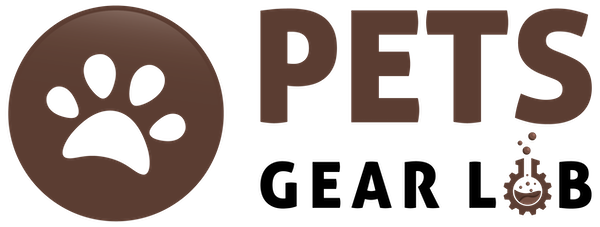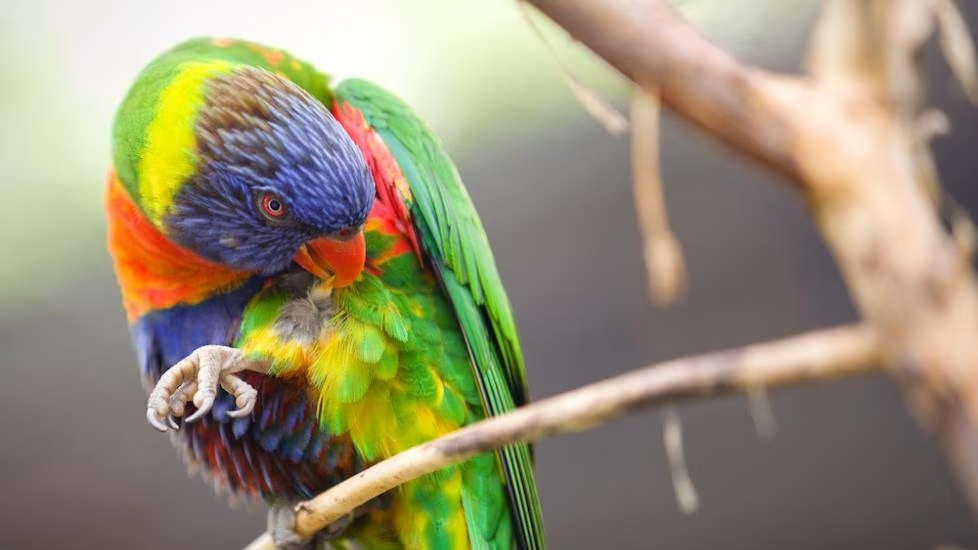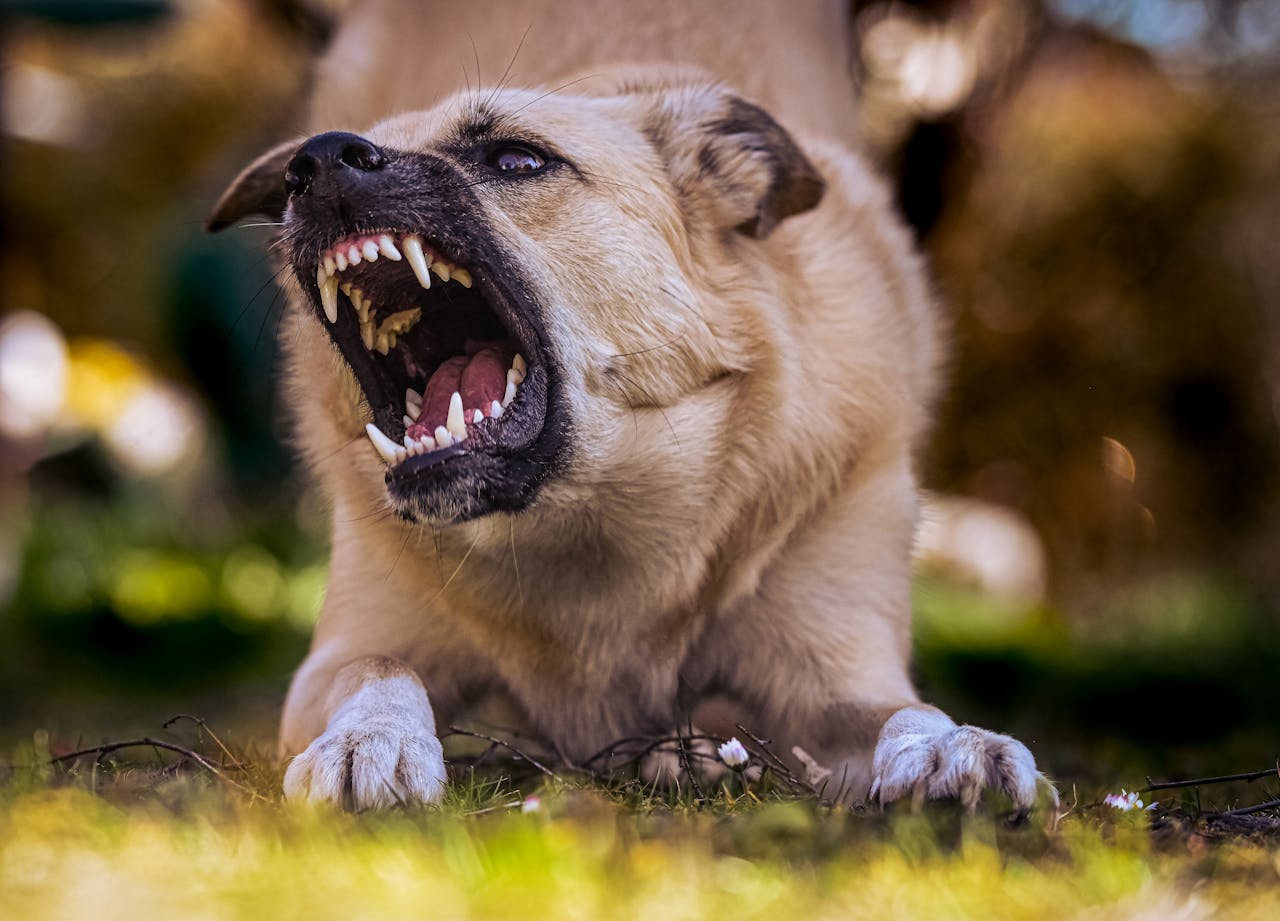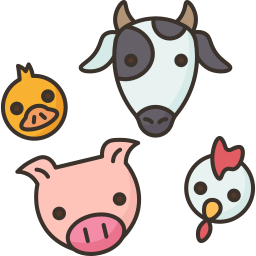Feather plucking is a distressing behavior observed in many pet parrots, causing concern among owners and impacting the overall well-being of the birds. In this comprehensive guide, we will explore what feather plucking is, its potential causes, effective strategies for prevention and treatment, and recommend affiliate products designed to aid pet owners in managing this challenging issue.
What is Feather Plucking?
Feather plucking, also known as feather picking or self-mutilation, refers to the repetitive behavior of a parrot pulling out its feathers. It can result in bald patches, skin irritation, and even open wounds if left untreated. Feather plucking can occur in any species of parrot and may stem from various underlying factors.
Causes of Feather Plucking
Feather plucking can have multiple causes, including:
- Stress and Anxiety: Parrots may pluck their feathers in response to stressors such as changes in their environment, lack of social interaction, or exposure to loud noises.
- Medical Conditions: Underlying medical issues such as skin infections, parasites, hormonal imbalances or allergies can trigger feather-plucking behavior.
- Boredom and Lack of Stimulation: Parrots are intelligent and social creatures that require mental stimulation and physical activity. Boredom and lack of enrichment in their environment can lead to feather plucking as a means of self-soothing.
- Dietary Imbalances: Poor nutrition or deficiencies in essential vitamins and minerals can impact the health of a parrot’s feathers, leading to increased susceptibility to feather plucking.
Prevention and Treatment Strategies
Preventing and addressing feather plucking requires a multifaceted approach tailored to the individual needs of the parrot. Here are some effective strategies:
- Consultation with a Veterinarian: The first step in addressing feather plucking is to rule out any underlying medical conditions. A qualified avian veterinarian can conduct diagnostic tests and guide treatment options.
- Environmental Enrichment: Provide a stimulating environment for your parrot with plenty of toys, perches of varying textures and sizes and opportunities for mental and physical exercise. Rotate toys regularly to prevent boredom.
- Dietary Management: Ensure your parrot receives a balanced diet consisting of high-quality pellets, fresh fruits, vegetables, and occasional treats. Consider supplementing their diet with products rich in essential nutrients like vitamins A, D and E, omega-3 fatty acids, and biotin.
- Stress Reduction Techniques: Minimize stressors in your parrot’s environment by maintaining a consistent routine, providing a quiet and safe space for rest, and avoiding sudden changes or disruptions.
- Behavioral Modification: Employ positive reinforcement techniques to redirect your parrot’s focus away from feather-plucking behaviors. Reward desirable behaviors with treats, praise and attention.
Products Recommended by the PetsGeaLab Team
- Feather Conditioning Sprays: Recommend high-quality feather conditioning sprays enriched with natural oils and vitamins to moisturize and protect your parrot’s feathers, reducing the urge to pluck. (Buy Now)
- Chew Toys and Foraging Devices: Suggest a variety of chew toys and foraging devices designed to keep your parrot mentally stimulated and engaged, diverting their attention from feather plucking. (Buy Now)
- Supplements for Feather Health: Highlight dietary supplements formulated specifically for parrots, promoting healthy feather growth and strengthening the immune system. (Buy Now)
- Parrot-Safe Shampoos: Recommend gentle and parrot-safe shampoos for bathing your bird, keeping their feathers clean and free from dirt and debris that may contribute to irritation and plucking. (Buy Now)
- Comfortable Perches: Suggest natural wood perches of different sizes and textures to provide your parrot with comfortable resting spots and promote foot health.
Feather plucking is a challenging issue that requires patience, understanding, and proactive intervention from pet owners. By implementing preventive measures, seeking veterinary guidance when necessary, and incorporating specialized products into their care routine, pet owners can help alleviate feather plucking behavior and promote the health and well-being of their beloved parrots. Let’s embark on a journey of compassion and care as we strive to create a nurturing environment where our feathered companions can thrive.
What steps can I take to prevent feather plucking in my bird?
Provide a stimulating and enriched environment with toys, social interaction, and a balanced diet. Regular veterinary check-ups, identifying and addressing stressors, and maintaining a consistent routine are key preventive measures.
What are some effective strategies to stop feather plucking in birds?
Implementing positive reinforcement, offering distractions like foraging toys, and addressing any underlying health issues are crucial. Collaborate with an avian specialist to develop a tailored plan for your bird’s well-being.
Always seek professional advice from a veterinarian specializing in avian care to ensure the health and happiness of your feathered companion.
